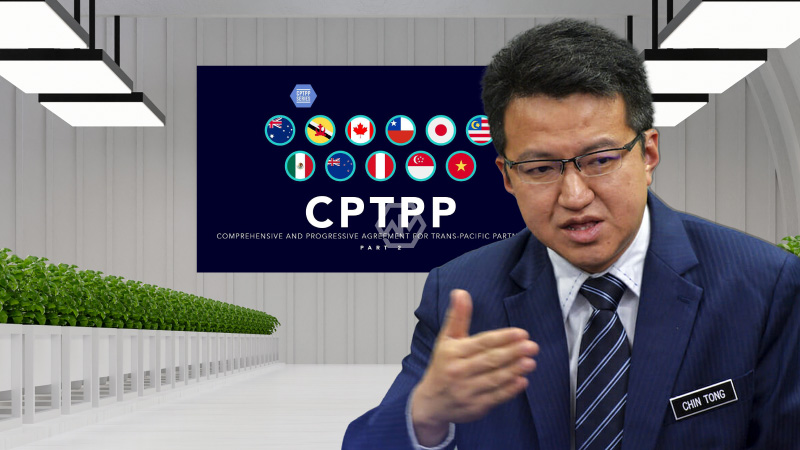The Comprehensive and Progressive Agreement for Trans-Pacific Partnership (CPTPP), which came into force on Nov 9 last year, won’t adversely affect the farming area, said Deputy Minister of International Exchange and Industry Liew Chin Tong.
The CPTPP will safeguard the interest of nearby ranchers as it is one of only a handful of exceptional international alliances which perceives the issue of food security.
No Negative Impact on Agriculture
Liew was answering Che Moniker Hamid [PAS-Kemaman], who requested that the public authority express its position on the issue relating to CPTPP “which affects the country’s farming area”.
Liew, in any case, differs that the CPTPP would adversely influence the nation’s horticulture, saying it ensures the privileges and interests of nearby ranchers, and it is the main international alliance at any point endorsed by Malaysia that recognizes food security.
- Liew noticed that Malaysia relies upon food imports, where half of the food varieties imported like lamb and meat.
- Moreover, Liew said CPTPP won’t bring about the sudden end of import obligations for farming merchandise.
- Liew said the normal import obligation for agrarian products was around 13.8% for 2020, and it tumbled to 7.9% for 2021.
“The case that the CPTPP won’t permit the public authority to carry out prohibitions on fundamental food commodities, for example, chicken isn’t accurate,” the representative clergyman said, adding that it will likewise not bring about the unexpected destruction of import obligations on agrarian items.
Simultaneously, Malaysia has been given a more extended organizing period, ie 16 years, to decrease and kill import obligations, including rural items, he said.



